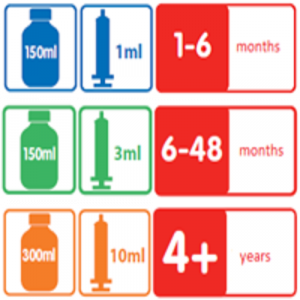
- Description
- Additional Information
- Brand
- How To Use
- Product Details
- Side Effects
- Ingredients
- How to Store
- Patient Information leaflet
- Reviews (0)
- Questions & Answers (1)
Keppra Oral Solution – Levetiracetam Solution 100mg/ml with 1ml Syringe, 150ml
Epilepsy is a serious neurological condition that can cause recurrent seizures. If you or someone you love has epilepsy, Keppra Oral Solution can help manage this condition. Keppra Oral Solution contains the active ingredient levetiracetam, which is an antiepileptic medicine. This medicine works by reducing the number and severity of seizures in people with epilepsy. It is available in a convenient oral solution form, making it easy to take. Keppra Oral Solution is a safe and effective way to manage seizures in people with epilepsy. Give Keppra Oral Solution a try today and see how it can help you or your loved one live a seizure-free life.
Keppra oral solution is used:
- on its own in adults and adolescents from 16 years of age with newly diagnosed epilepsy, to treat a certain form of epilepsy. Epilepsy is a condition where the patients have repeated fits (seizures). Levetiracetam is used for the epilepsy form in which the fits initially affect only one side of the brain but could thereafter extend to larger areas on both sides of the brain (partial onset seizure with or without secondary generalisation). Levetiracetam has been given to you by your doctor to reduce the number of fits.
- as an add-on to other antiepileptic medicines to treat:
- partial onset seizures with or without generalisation in adults, adolescents, children and infants from one month of age
- myoclonic seizures (short, shock-like jerks of a muscle or group of muscles) in adults and adolescents from 12 years of age with juvenile myoclonic epilepsy
- primary generalised tonic-clonic seizures (major fits, including loss of consciousness) in adults and adolescents from 12 years of age with idiopathic generalised epilepsy (the type of epilepsy that is thought to have a genetic cause)
Can be used to treat seizures in dogs and cats when prescribed by vet
Keppra Oral Solution Reviews
After using Keppra Oral Solution, it’s helpful to let others know about your experience. Reviews of an item help other users know that medicines received have helped the condition it is claimed for, how well the treatment worked or any issues to be aware of. We invite our users to leave a review of both their treatment and of the service provided. Click on the reviews tab to see if there has been feedback on this item.
What is the price of Keppra Oral Solution?
The price of Keppra Oral Solution is £47.60
Where can you buy Keppra Oral Solution?
You can buy Keppra Oral Solution at Dock Pharmacy Essex UK, UK Online Pharmacy.
Can you buy Keppra Oral Solution Over the counter?
Keppra Oral Solution is not available to buy over the counter. You need a prescription to buy Keppra Oral Solution
| Brand | |
|---|---|
Brand
Keppra
How To Use
How to take Keppra oral solution
Always take this medicine exactly as your doctor or pharmacist has told you.
Check with your doctor or pharmacist if you are not sure.
Keppra must be taken twice a day, once in the morning and once in the evening, at about the same time each day. Take the oral solution following your doctor’s instructions.
Product Details
What you need to know before you take Keppra oral solution
Do not take Keppra • If you are allergic to levetiracetam, pyrrolidone derivatives or any of the other ingredients of this medicine (listed in Section 6). Warnings and precautions Talk to your doctor before taking Keppra • If you suffer from kidney problems, follow your doctor’s instructions. He/she may decide if your dose should be adjusted. • If you notice any slowdown in the growth or unexpected puberty development of your child, please contact your doctor. • A small number of people being treated with anti-epileptics such as Keppra have had thoughts of harming or killing themselves. If you have any symptoms of depression and/or suicidal ideation, please contact your doctor. • If you have a family or medical history of irregular heart rhythm (visible on an electrocardiogram), or if you have a disease and/or take a treatment that make(s) you prone to heartbeat irregularities or salt imbalances. Tell your doctor or pharmacist if any of the following side effects gets serious or last longer than a few days: • Abnormal thoughts, feeling irritable or reacting more aggressively than usually, or if you or your family and friends notice important changes in mood or behaviour. • Aggravation of epilepsy Your seizures may rarely become worse or happen more often, mainly during the first month after the start of the treatment or increase of the dose. If you experience any of these new symptoms while taking Keppra, see a doctor as soon as possible. Children and adolescents • Keppra is not indicated in children and adolescents below 16 years on its own (monotherapy) Other medicines and Keppra Tell your doctor or pharmacist if you are taking or have recently taken or might take any other medicines. Do not take macrogol (a drug used as laxative) for one hour before and one hour after taking levetiracetam as this may results in a reduction of its effect. Pregnancy and breast-feeding If you are pregnant or breastfeeding, think you may be pregnant, or are planning to have a baby, ask your doctor for advice before taking this medicine. Levetiracetam can be used during pregnancy, only if after careful assessment it is considered necessary by your doctor. You should not stop your treatment without discussing this with your doctor. A risk of birth defects for your unborn child cannot be completely excluded. Breast-feeding is not recommended during treatment. Driving and using machines Keppra may impair your ability to drive or operate any tools or machinery, as it may make you feel sleepy. This is more likely at the beginning of treatment or after an increase in the dose. You should not drive or use machines until it is established that your ability to perform such activities is not affected. Keppra contains methyl parahydroxybenzoate, propyl parahydroxybenzoate and maltitol Keppra oral solution includes methyl parahydroxybenzoate (E218) and propyl parahydroxybenzoate (E216) which may cause allergic reactions (possibly delayed). Keppra oral solution also contains maltitol. If you have been told by your doctor that you have an intolerance to some sugars, contact your doctor before taking this medicinal product.
Side Effects
Possible side effects
Like all medicines, this medicine can cause side effects, although not everybody gets them. Tell your doctor immediately, or go to your nearest emergency department, if you experience: • weakness, feel light-headed or dizzy or have difficulty breathing, as these may be signs of a serious allergic (anaphylactic) reaction • swelling of the face, lips, tongue and throat (Quincke’s oedema) • flu-like symptoms and a rash on the face followed by an extended rash with a high temperature, increased levels of liver enzymes seen in blood tests and an increase in a type of white blood cell (eosinophilia) and enlarged lymph nodes (Drug Reaction with Eosinophilia and Systemic Symptoms [DRESS]),. • symptoms such as low urine volume, tiredness, nausea, vomiting, confusion and swelling in the legs, ankles or feet, as this may be a sign of sudden decrease of kidney function • a skin rash which may form blisters and look like small targets (central dark spots surrounded by a paler area, with a dark ring around the edge) (erythema multiforme) • a widespread rash with blisters and peeling skin, particularly around the mouth, nose, eyes and genitals (Stevens-Johnson syndrome) • a more severe form of rash causing skin peeling in more than 30% of the body surface (toxic epidermal necrolysis) • signs of serious mental changes or if someone around you notices signs of confusion, somnolence (sleepiness), amnesia (loss of memory), memory impairment (forgetfulness), abnormal behaviour or other neurological signs including involuntary or uncontrolled movements. These could be symptoms of an encephalopathy. The most frequently reported adverse reactions were nasopharyngitis, somnolence (sleepiness), headache, fatigue and dizziness. At the beginning of the treatment or at dose increase side effects like sleepiness, tiredness and dizziness may be more common. These effects should however decrease over time. Very common: may affect more than 1 in 10 people • nasopharyngitis; • somnolence (sleepiness), headache. Common: may affect up to 1 in 10 people • anorexia (loss of appetite); • depression, hostility or aggression, anxiety, insomnia, nervousness or irritability; • convulsion, balance disorder (equilibrium disorder), dizziness (sensation of unsteadiness), lethargy (lack of energy and enthusiasm), tremor (involuntary trembling); • vertigo (sensation of rotation); • cough; • abdominal pain, diarrhoea, dyspepsia (indigestion), vomiting, nausea; • rash; • asthenia/fatigue (tiredness). Uncommon: may affect up to 1 in 100 people • decreased number of blood platelets, decreased number of white blood cells; • weight decrease, weight increase; • suicide attempt and suicidal ideation, mental disorder, abnormal behaviour, hallucination, anger, confusion, panic attack, emotional instability/mood swings, agitation; • amnesia (loss of memory), memory impairment (forgetfulness), abnormal coordination/ataxia (impaired coordinated movements), paraesthesia (tingling), disturbance in attention (loss of concentration); • diplopia (double vision), vision blurred; • elevated/abnormal values in a liver function test; • hair loss, eczema, pruritus; • muscle weakness, myalgia (muscle pain); • injury. Rare: may affect up to 1 in 1,000 people • infection; • decreased number of all blood cell types; • severe allergic reactions (DRESS, anaphylactic reaction [severe and important allergic reaction], Quincke’s oedema [swelling of the face, lips, tongue and throat]); • decreased blood sodium concentration; • suicide, personality disorders (behavioural problems), thinking abnormal (slow thinking, unable to concentrate); • delirium; • encephalopathy (see sub-section “Tell your doctor immediately” for a detailed description of symptoms); • seizures may become worse or happen more often; • uncontrollable muscle spasms affecting the head, torso and limbs, difficulty in controlling movements, hyperkinesia (hyperactivity); • change of the heart rhythm (Electrocardiogram); • pancreatitis; • liver failure, hepatitis; • sudden decrease in kidney function; • skin rash, which may form blisters and looks like small targets (central dark spots surrounded by a paler area, with a dark ring around the edge) (erythema multiforme), a widespread rash with blisters and peeling skin, particularly around the mouth, nose, eyes and genitals (Stevens-Johnson syndrome), and a more severe form causing skin peeling in more than 30% of the body surface (toxic epidermal necrolysis); • rhabdomyolysis (breakdown of muscle tissue) and associated blood creatine phosphokinase increase. Prevalence is significantly higher in Japanese patients when compared to non-Japanese patients. • limp or difficulty walking. Evidence also suggests a possible predisposition of the Japanese population to neuroleptic malignant syndrome (NMS). Reporting of side effects If you get any side effects talk to your doctor or pharmacist. This includes any possible side effects not listed in this leaflet. You can also report side effects directly via: Yellow Card Scheme Website: www.mhra.gov.uk/yellowcard or search for MHRA Yellow Card in the Google Play or Apple App Store By reporting side effects you can help provide more information on the safety of this medicine
Ingredients
What Keppra oral solution contains
The active substance is called levetiracetam. Each ml contains 100 mg of levetiracetam.
The other ingredients are: sodium citrate, citric acid monohydrate, methyl parahydroxybenzoate (E218), propyl parahydroxybenzoate (E216), ammonium glycyrrhizate, glycerol (E422), maltitol liquid (E965), acesulfame potassium (E950), grape flavour, purified water
How to Store
How to store Keppra
Keep this medicine out of the sight and reach of children. Do not use this medicine after the expiry date stated on the cardboard box and bottle after EXP: The expiry date refers to the last day of the month. Do not use after 7 months of first opening the bottle. Store in the original bottle, in order to protect from light. Do not throw away any medicines via wastewater or household waste. Ask your pharmacist how to throw away medicines you no longer use. These measures will help protect the environment.
Patient Information leaflet
Click here for the Patient Information leaflet
Please read before using the product
Only logged in customers who have purchased this product may leave a review.
Questions and answers of the customers
You Might Also Like
Original price was: £104.50.£92.50Current price is: £92.50.
Keppra Oral Solution 300ml
Learn MoreOriginal price was: £104.50.£92.50Current price is: £92.50.
- Availability: in stock
£39.90 – £139.50
- Treatment of epilepsy in adults and children
- Treatment of seizures and epilepsy in dogs and cats when prescribed by a vet
£39.90 – £139.50
- Availability: in stock
Original price was: £24.50.£12.95Current price is: £12.95.
Levetiracetam 500mg Tablets, 60 Tablets Do you suffer from seizures as a result of epilepsy? If so, you need a medication that can effectively control your condition and prevent the occurrence of seizures. Levetiracetam 500mg tablets may be the perfect solution for you. Levetiracetam is an antiepileptic medicine that has been shown to be effective […]
Learn MoreOriginal price was: £24.50.£12.95Current price is: £12.95.
- Availability: in stock
Original price was: £50.22.£47.60Current price is: £47.60.
Keppra Oral Solution with a 3ml syringe
Learn MoreOriginal price was: £50.22.£47.60Current price is: £47.60.
- Availability: in stock
Other Products From This Seller
Original price was: £34.99.£24.95Current price is: £24.95.
Wahl Extreme Grip Beard Trimmer Precision Grooming with Comfort Grip and Adjustable Cutting Lengths Take Control of Your Grooming with the Wahl Extreme Grip Beard Trimmer Transform your grooming routine with the Wahl Extreme Grip Beard Trimmer, designed for precision, comfort, and versatility. Whether you’re sculpting a sharp beard line, maintaining stubble, or styling longer […]
Learn MoreOriginal price was: £34.99.£24.95Current price is: £24.95.
- Availability: in stock
Original price was: £23.99.£17.95Current price is: £17.95.
WAHL Vogue Corded Hair Clipper for Men Professional Precision with Adjustable Taper Lever and High-Carbon Steel Blades Transform Your Grooming Routine with the WAHL Vogue Corded Hair Clipper for Men Elevate your grooming experience with the WAHL Vogue Corded Hair Clipper, a professional-grade grooming tool designed for men who value precision and performance. Whether you’re […]
Learn MoreOriginal price was: £23.99.£17.95Current price is: £17.95.
- Availability: in stock
Original price was: £30.00.£8.95Current price is: £8.95.
Wahl Peaky Blinders Beard Trimmer Gift Set Limited Edition Cordless Grooming Kit for Men Join the ranks of the Peaky Blinders with the Wahl Peaky Blinders Beard Trimmer Gift Set. This exclusive collaboration between Wahl and the iconic TV series offers a comprehensive grooming solution for the modern gentleman. Key Features: Rechargeable Cordless Trimmer: Equipped […]
Learn MoreOriginal price was: £30.00.£8.95Current price is: £8.95.
- Availability: in stock
Original price was: £54.63.£39.95Current price is: £39.95.
OMRON RS2 Wrist Blood Pressure Monitor Compact and Accurate BP Monitoring The OMRON RS2 Wrist Blood Pressure Monitor is a compact and user-friendly device designed for quick and accurate blood pressure and pulse rate measurements. Utilizing the oscillometric method, it ensures reliable readings with minimal user input. Key Features: Automatic Inflation: The device inflates the […]
Learn MoreOriginal price was: £54.63.£39.95Current price is: £39.95.
- Availability: in stock
Original price was: £69.99.£59.99Current price is: £59.99.
Omron M4 Intelli IT Blood Pressure Monitor Bluetooth-Enabled Upper Arm BP Monitor with Intelli Wrap Cuff The Omron M4 Intelli IT Blood Pressure Monitor is a clinically validated device designed for easy and accurate blood pressure monitoring at home. With Bluetooth connectivity, it seamlessly syncs your readings to the Omron Connect app, allowing you to […]
Learn MoreOriginal price was: £69.99.£59.99Current price is: £59.99.
- Availability: in stock
Original price was: £39.99.£33.95Current price is: £33.95.
Omron M2+ Upper Arm Blood Pressure Monitor The Omron M2+ Upper Arm Blood Pressure Monitor is a fully automatic device designed to provide quick and accurate blood pressure and pulse rate measurements. Utilizing the oscillometric method, it ensures reliable readings with minimal user input. Key Features: IntelliSense Technology: Automatically inflates the cuff to the ideal […]
Learn MoreOriginal price was: £39.99.£33.95Current price is: £33.95.
- Availability: in stock
Original price was: £19.99.£9.95Current price is: £9.95.
Ted Baker M Gift Set 30ml EDT Spray and 150ml Body Wash Experience the refined elegance of the Ted Baker M Gift Set, comprising a 30ml Eau de Toilette Spray and a 150ml Body Wash. This meticulously crafted set offers a harmonious blend of notes, encapsulating masculinity and sophistication. Ideal for gifting or personal indulgence, […]
Learn MoreOriginal price was: £19.99.£9.95Current price is: £9.95.
- Availability: in stock
Original price was: £33.00.£19.99Current price is: £19.99.
Iceberg Twice Pour Homme Eau de Toilette 125ml Gift Set Aromatic Fougère Fragrance for Men Discover the timeless elegance of Iceberg Twice Pour Homme Eau de Toilette 125ml Gift Set, a sophisticated aromatic fougère fragrance designed for the modern man. This exclusive gift set includes a 125ml Eau de Toilette, offering a complete scent experience […]
Learn MoreOriginal price was: £33.00.£19.99Current price is: £19.99.
- Availability: in stock
Original price was: £44.00.£28.95Current price is: £28.95.
Davidoff Cool Water Gift Set For Men, 2pc Gift set Dive into the invigorating essence of the ocean with the Davidoff Cool Water Gift Set for Men. This exclusive 2-piece set includes a 4.2 fl. oz. Eau de Toilette and a 2.5 fl. oz. After Shave Balm, offering a complete grooming experience that embodies freshness […]
Learn MoreOriginal price was: £44.00.£28.95Current price is: £28.95.
- Availability: in stock
Original price was: £19.95.£9.95Current price is: £9.95.
Ted Baker W Pink Gift Set 30ml EDT and 150ml Shower Gel Experience the elegance of Ted Baker W Pink Gift Set, comprising a 30ml Eau de Toilette and a 150ml Shower Gel. This exquisite set offers a harmonious blend of floral and woody notes, encapsulating femininity and sophistication. Ideal for gifting or personal indulgence, […]
Learn MoreOriginal price was: £19.95.£9.95Current price is: £9.95.
- Availability: in stock


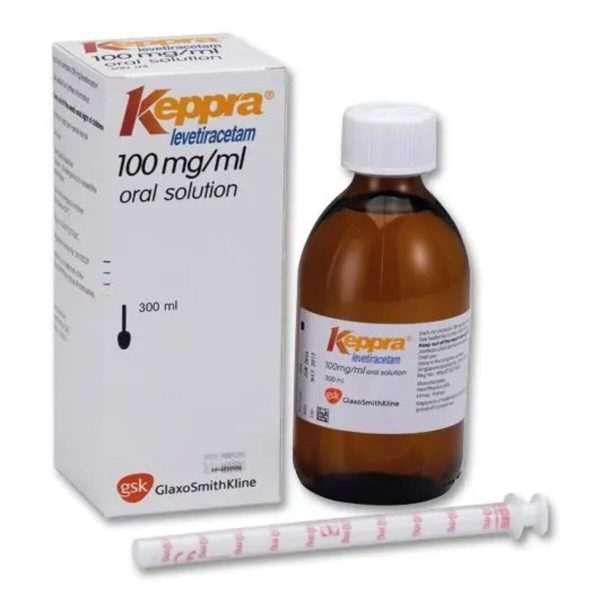
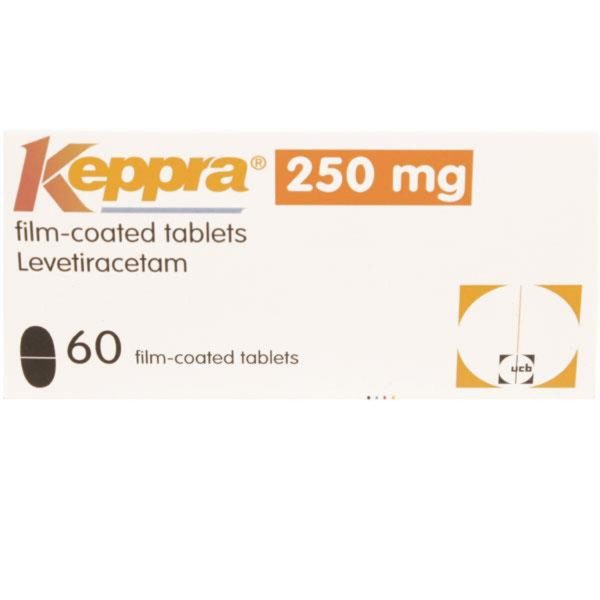
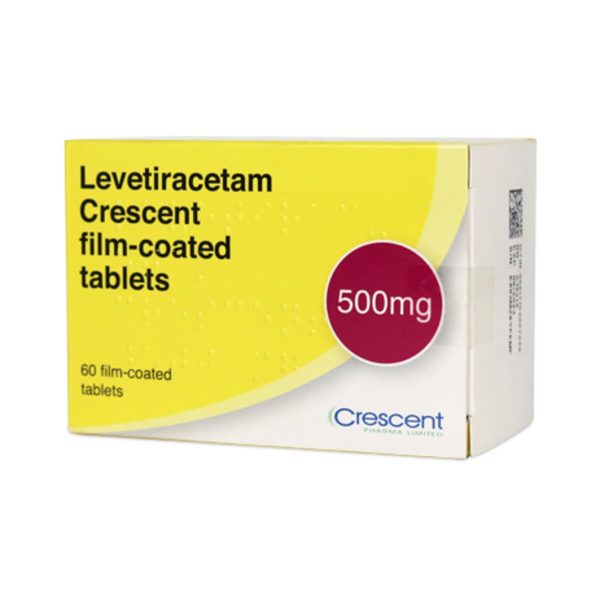














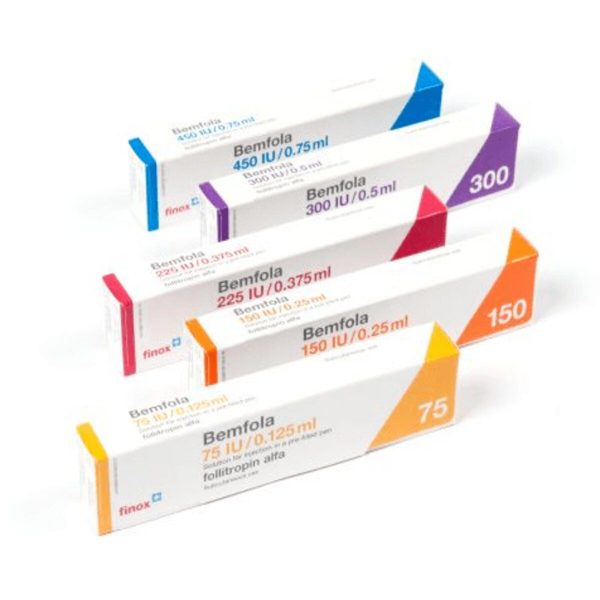

Reviews
There are no reviews yet